This week I’ve been eating up all the coverage from GDC, scouring blogs and Twitter and attempting to live vicariously through the writers in attendance. The dozens of fantastic presentations have given me reading material for weeks, but I was especially blown away and thoroughly inspired by the Indie Games Summit. Jim Rossignol described 2008 as the year indie development “was confirmed as a vital, valid movement within the world of gaming”, a statement that is strongly supported by this year’s presentations. The excitement, potential and innovation coming from small development studios is simply staggering.
Inspired in part by Petri Purho’s “5-minute game” magic trick, I decided to see if I could put together a small functional game in the scope of an afternoon. I didn’t quite meet my time goal (for reasons I’ll explain below), but finally did put together a small game called Rockwell, Papyrus, Skia.
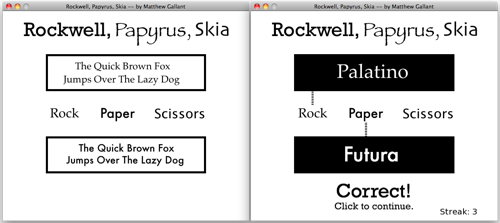
The goal of the game is to identify which text sample won the game of rock, paper, scissors based on their typeface. I’m a bit of a wannabe font nerd, and I thought this would be a neat way to combine my two interests.
Why wasn’t I able to finish the game in one afternoon? My initial plan was use the LÖVE engine’s graphics library to load the Fonts I wanted to use. However, I ran into a snag: I either had to distribute copyrighted Fonts with the source code, or dynamically load them from the player’s machine. The latter approach was tempting, but fonts files are stored across several system folders and I was only interested in a handful of commonly used fonts. In the end I decided to render the text in advance as images, which lengthened my development time to two and a half afternoons.
You can run the game yourself in two ways:
- Download the
 Windows-only executable.
Windows-only executable. - Run RockwellPapyrusSkia.exe to play.
or…
- Download and install LÖVE (it’s multi-platform and very small).
- Download the
 source files.
source files. - Double click RockwellPapyrusSkia.love to play.
You can access the source code by unzipping the .love file, and everything is GPL licensed so you’re free to distribute and modify the game as you please.
I hope you enjoy my second silly game. While it has served me very well, I don’t think I’ll use LÖVE again for my next project. It’s great for rapid prototypes, but I’d like to work with something a bit more powerful in the future. The lack of mouse hover callback, for instance, meant I couldn’t change the pointer to a hand when hovering over buttons. I’ll start checking out alternatives such as XNA and pygame.

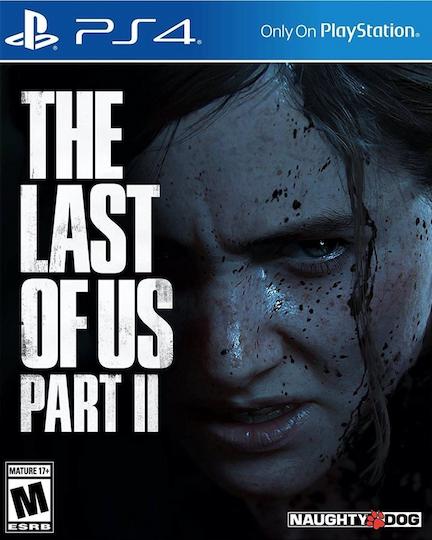
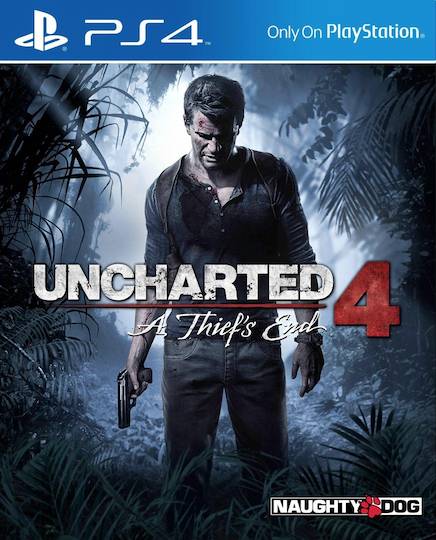
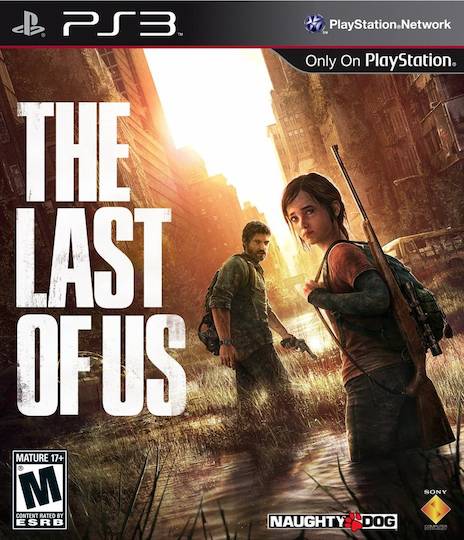
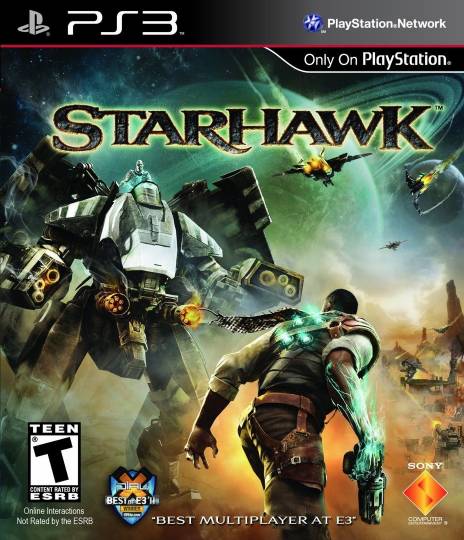
March 28th, 2009 at 8:16 pm
Hmm…I’ve not been following GDC, but in a case of parallel development I’ve been thinking about making quick games as an exercise.
In my head I can see the shape of RockwellPapyrusSkia in pygame…hmm, maybe tomorrow I’ll give it some hours instead of trying to get mplayer to use alsa.
March 28th, 2009 at 9:38 pm
This game is really hard! =P I want to go really fast, but I can’t. I think I want to be rewarded for being quick too, so maybe you could add a timer just to who how quick you picked it, even if it doesn’t affect the score.
Great idea though.
March 29th, 2009 at 1:15 am
@Filbert: I’d love to see that happen, let me know if you make it!
@Ben: The problem is that there are only 2 text samples, so by clicking randomly and rapidly you’ll still be right 50% of the time. The game mechanics just don’t suit fast play.
March 29th, 2009 at 8:06 pm
Love the game Matthew. We’re currently studying type-face in our Uni design course and as such I’ve forwarded a link on to our tutor.
It’s perfect for forcing you to stop and examine the subtle differences between fonts, especially when confronted with a variety of serif, or sans-serif, which on quick examination are extremely similar.
March 30th, 2009 at 6:27 am
You, sir, are admirably clever! This is great.
(I’ll throw a vote in for pygame, it’s a dream)
March 30th, 2009 at 2:38 pm
@Daniel: I’d love to hear what the tutor thinks of it, thanks for passing it along!
@thesimplicity: Thanks for the kind words :)